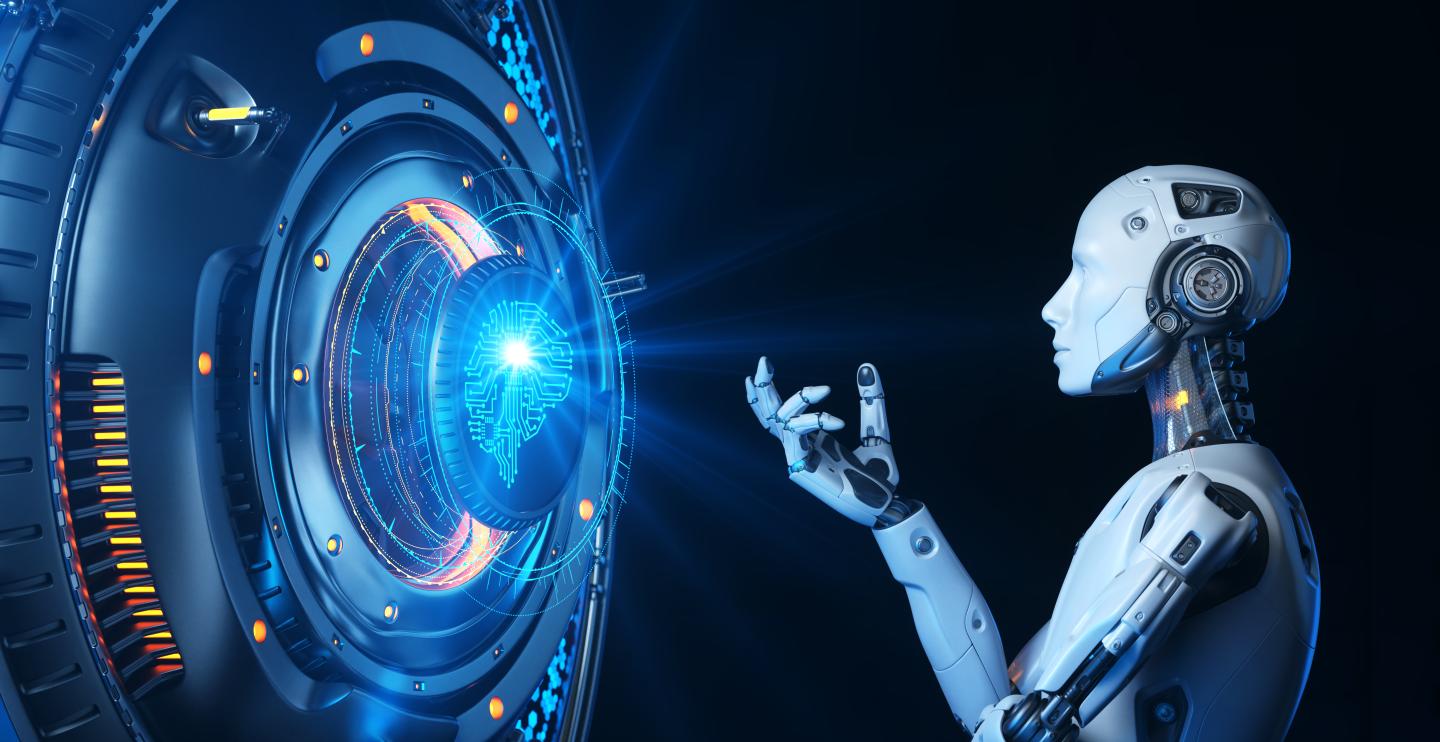Rise by Six: Your Daily Dose of Inspiration
Explore insights and stories that elevate your day.
AI: Your Next Co-Worker or Your Replacement?
Is AI your next co-worker or your job's worst enemy? Discover the truth behind the automation revolution in our latest blog!
AI in the Workplace: Enhancing Collaboration or Threatening Job Security?
The advent of AI in the workplace has sparked a significant debate regarding its potential to enhance collaboration among teams. On one hand, AI tools can streamline communication and improve project management by automating routine tasks. For example, AI-driven platforms can analyze data and provide actionable insights, allowing team members to focus on creative problem-solving. Additionally, AI can facilitate collaboration by offering real-time language translation services, enabling teams from different linguistic backgrounds to work together more effectively. This ability to interpret large amounts of information rapidly can lead to more informed decision-making and foster a culture of innovation.
On the other hand, the rise of AI poses a critical concern related to job security. As AI technology continues to evolve, many fear that automation may lead to job displacement, particularly in roles involving repetitive tasks. According to various studies, a significant percentage of jobs could be impacted by AI advancements, raising the question of whether we will adapt to new roles or face a future with fewer job opportunities. While some argue that AI can create new job categories that we have yet to envision, the transition may not be seamless and could exacerbate existing workforce inequalities. Balancing the benefits of collaboration-enhancing AI tools with the imperative to safeguard employment will be essential for organizations moving forward.

The Role of AI: Partner or Competitor in Your Career?
Artificial Intelligence (AI) has become a significant force in many industries, leading to a growing debate about its role in shaping our careers. While some professionals view AI as a competitor that threatens job security, others see it as a valuable partner that can enhance productivity and creativity. Embracing AI technology can lead to new opportunities by automating repetitive tasks, allowing workers to focus on more strategic initiatives. However, it is essential to understand the balance between leveraging AI and maintaining human creativity and decision-making skills.
As AI continues to evolve, it has the potential to redefine job roles across various sectors. For instance, in healthcare, AI assists doctors in diagnosing diseases more accurately, while in marketing, it analyzes consumer behavior to create targeted campaigns. The key lies in adaptation; professionals must embrace lifelong learning to stay relevant in their fields. By viewing AI as a partner, individuals can harness its capabilities to elevate their careers instead of fearing it as a competitor. This collaborative approach will not only facilitate personal growth but also contribute to the advancement of industries as a whole.
Navigating the Future: How AI Will Transform Your Job Role
The advent of AI is poised to revolutionize the way we work, transforming job roles across various industries. As AI technologies continue to evolve, we can expect a shift in responsibilities, where mundane and repetitive tasks are automated, allowing professionals to focus on more creative and strategic aspects of their roles. For instance, employees in fields like marketing and customer service will find their workloads alleviated as AI tools take over data analysis and routine inquiries, enabling them to engage in higher-level decision-making and relationship-building.
Moreover, the integration of AI into the workplace will necessitate continuous upskilling and adaptability from workers. As job functions transform, individuals will need to embrace new technologies and learn to collaborate effectively with AI systems. This shift will not only enhance productivity but also foster innovation in problem-solving and efficiency. To stay ahead in this evolving landscape, professionals can consider focusing on honing skills such as critical thinking, emotional intelligence, and technical proficiency, which are increasingly valuable in an AI-driven job market.